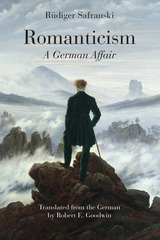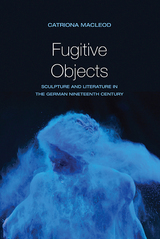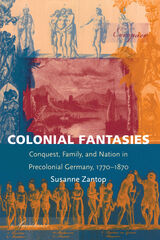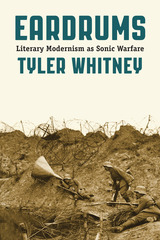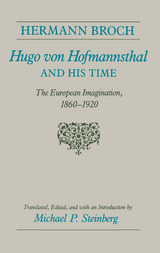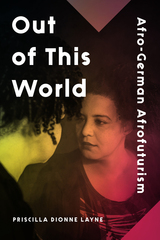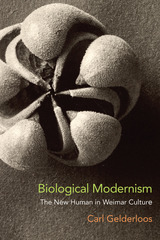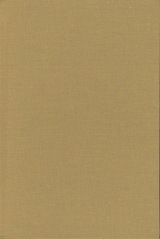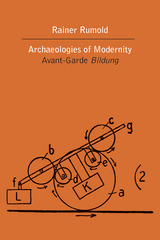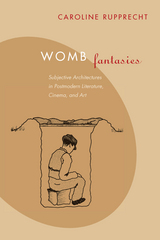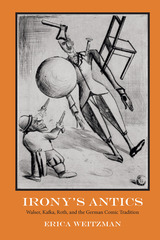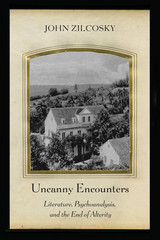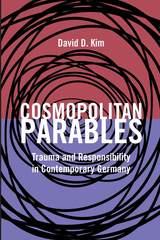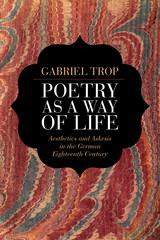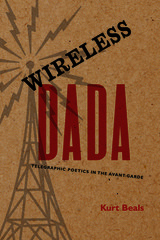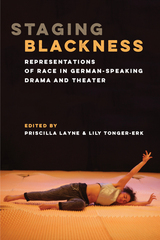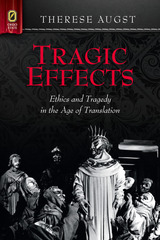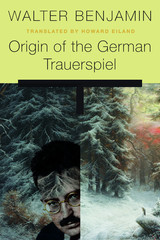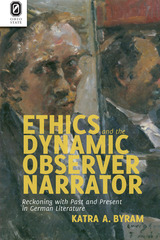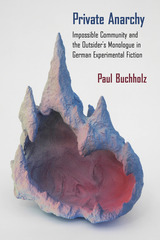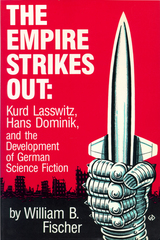The Janus Face of the German Avant-Garde: From Expressionism Toward Postmodernism
Northwestern University Press, 2002
Cloth: 978-0-8101-1878-2 | Paper: 978-0-8101-1879-9 | eISBN: 978-0-8101-2187-4
Library of Congress Classification PT405.R85 2002
Dewey Decimal Classification 830.911
Cloth: 978-0-8101-1878-2 | Paper: 978-0-8101-1879-9 | eISBN: 978-0-8101-2187-4
Library of Congress Classification PT405.R85 2002
Dewey Decimal Classification 830.911
ABOUT THIS BOOK | AUTHOR BIOGRAPHY | REVIEWS
ABOUT THIS BOOK
Among the avant-garde of the early twentieth century, the German movement remains one of the least understood in the current avant-garde and modernism debates. Rainer Rumold fills this gap with the first large-scale reassessment of the heyday and afterlife of German expressionist and Dada productions as a prolonged crisis of literary culture.
See other books on: Avant-garde (Aesthetics) | German | German literature | Janus Face | Rumold, Rainer
See other titles from Northwestern University Press

